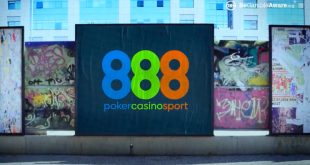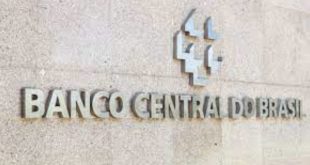 Dr Simon Dymond of Swansea University has studied what drives addictive behaviour in slots players. His study breaks down the psychological factors players attribute to near wins on the machines and how their minds react to symbols displayed on the slot reels. Dymond and his team believe that players addictive traits in certain players are triggered by brain reactions/impulses to perceived near win misses on slot machines. This triggers certain players to continue to deposit and play on the machines.
Dr Simon Dymond of Swansea University has studied what drives addictive behaviour in slots players. His study breaks down the psychological factors players attribute to near wins on the machines and how their minds react to symbols displayed on the slot reels. Dymond and his team believe that players addictive traits in certain players are triggered by brain reactions/impulses to perceived near win misses on slot machines. This triggers certain players to continue to deposit and play on the machines.
Dr Dymond and his colleagues compared those brains using two techniques. One was functional magnetic-resonance imaging (fMRI), which shows which parts of the organ are especially active at any given moment. The other was magnetoencephalography (MEG), which measures the electrical nature of that activity. Together, fMRI and MEG enabled them to build a map of each volunteer’s brain as he played on a simulated electronic slot machine.
The team’s particular focus was on a volunteer’s theta response: his brain’s electrical activity in the 4-7Hz range. This has previously been identified as being related to the processing of the experiences of winning and losing—not only in gambling, but in life more generally.
As expected, all volunteers showed high theta responses to wins and low ones to losses. Responses to near wins followed this pattern, but with one exception. They registered similarly in the brains of both pathological gamblers (those addicted to playing slot machines) and non-gamblers, except in part of the brain called the right orbito frontal cortex. This is significant because that part of the brain has been shown, by other studies, to be involved in the processing of rewards.
Pathological gamblers, Dr Dymond and his team discovered, display similar increases in theta activity in the right orbito frontal cortex whether they win or “nearly win”: spikes of about 32% and 27% respectively in the strengths of their theta waves. Non-gamblers display the same sort of theta response when they win, but only a 13% increase when they “nearly win”.
Though this discovery is of little immediate use in dealing with the problem of pathological gambling, it does help illuminate what is going on. Theta waves are only a reflection of underlying neurological processes. But they might be used to monitor the effects, and effectiveness, of attempts to break whatever habits of mind it is that are bringing misery to the millions around the world for whom a little flutter becomes something far bigger.
_________________________________________________-
Content Contributed by The Economist Magazine London










